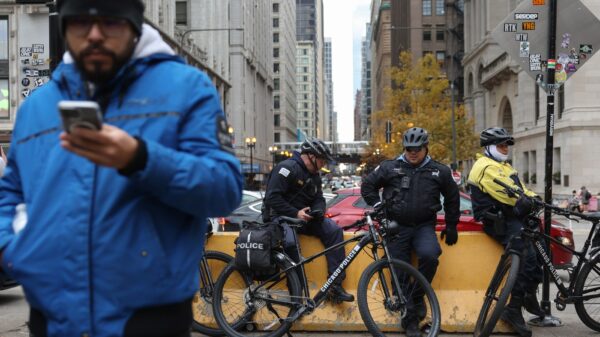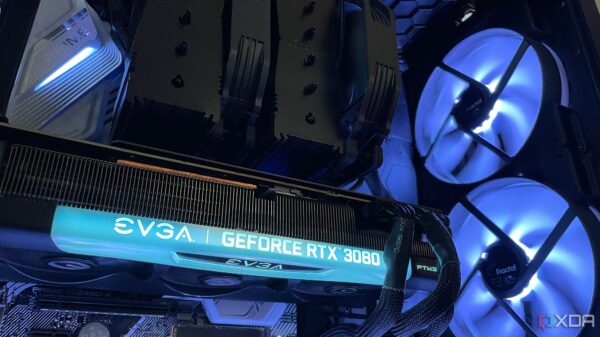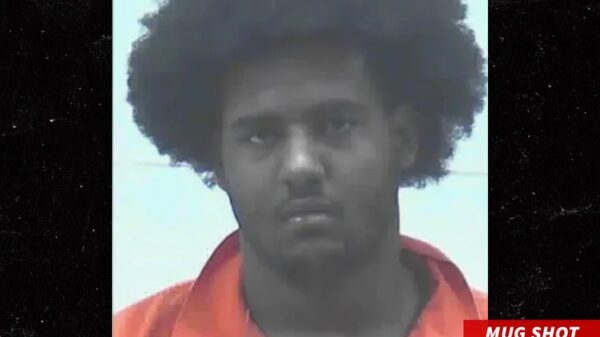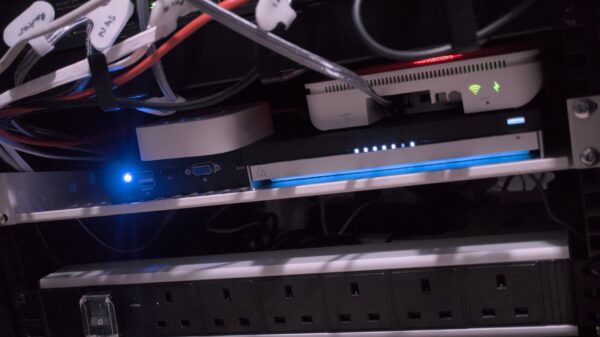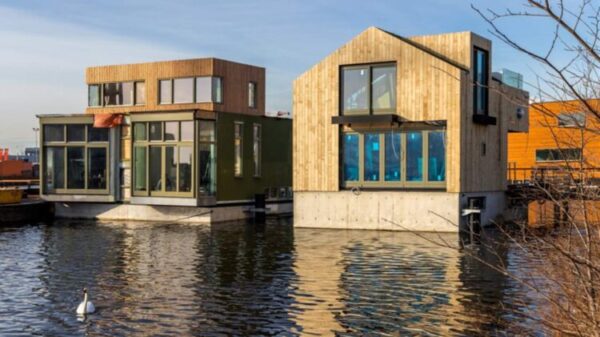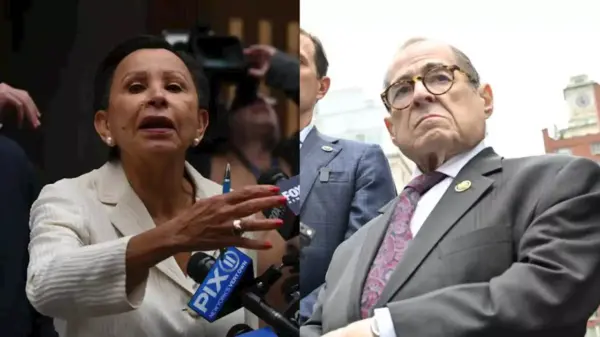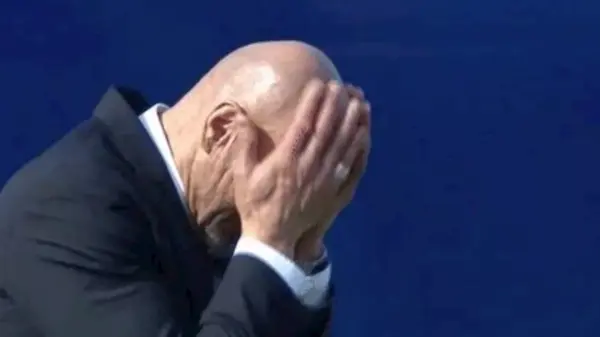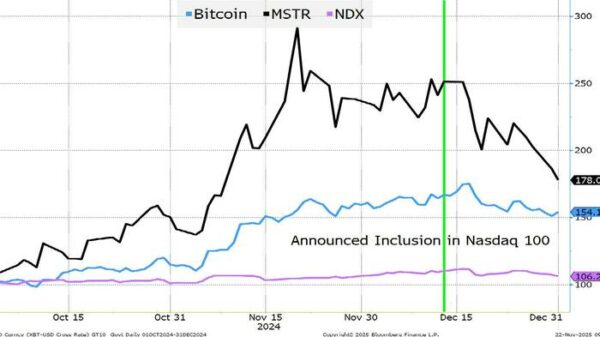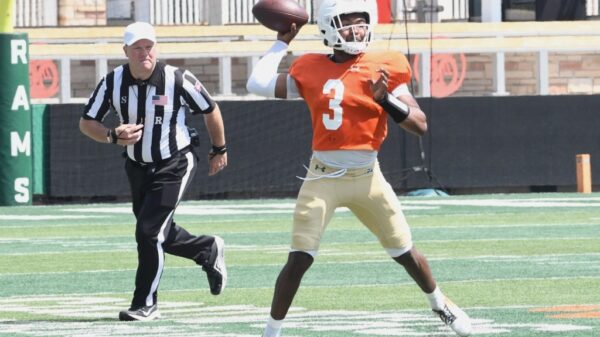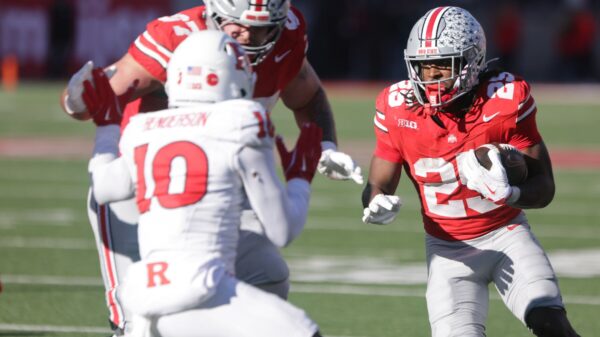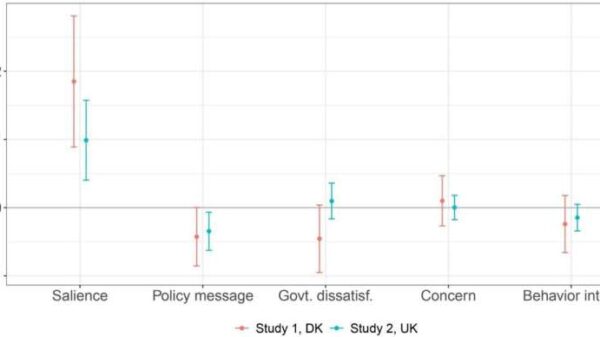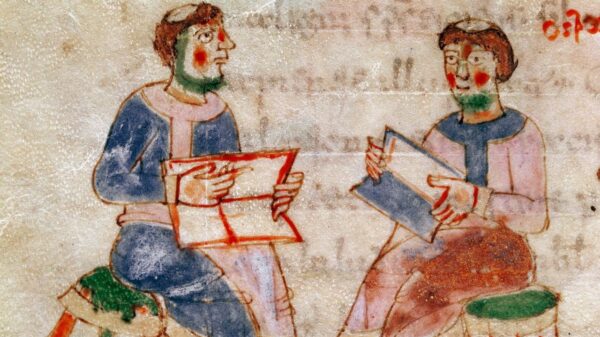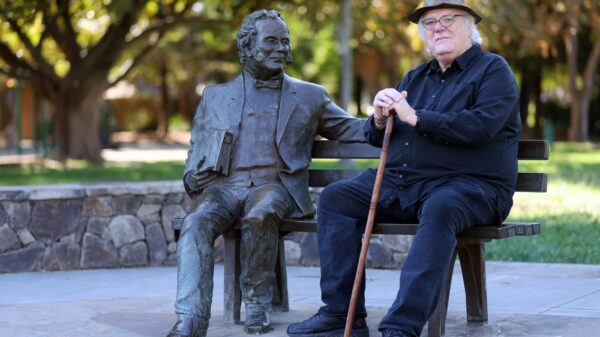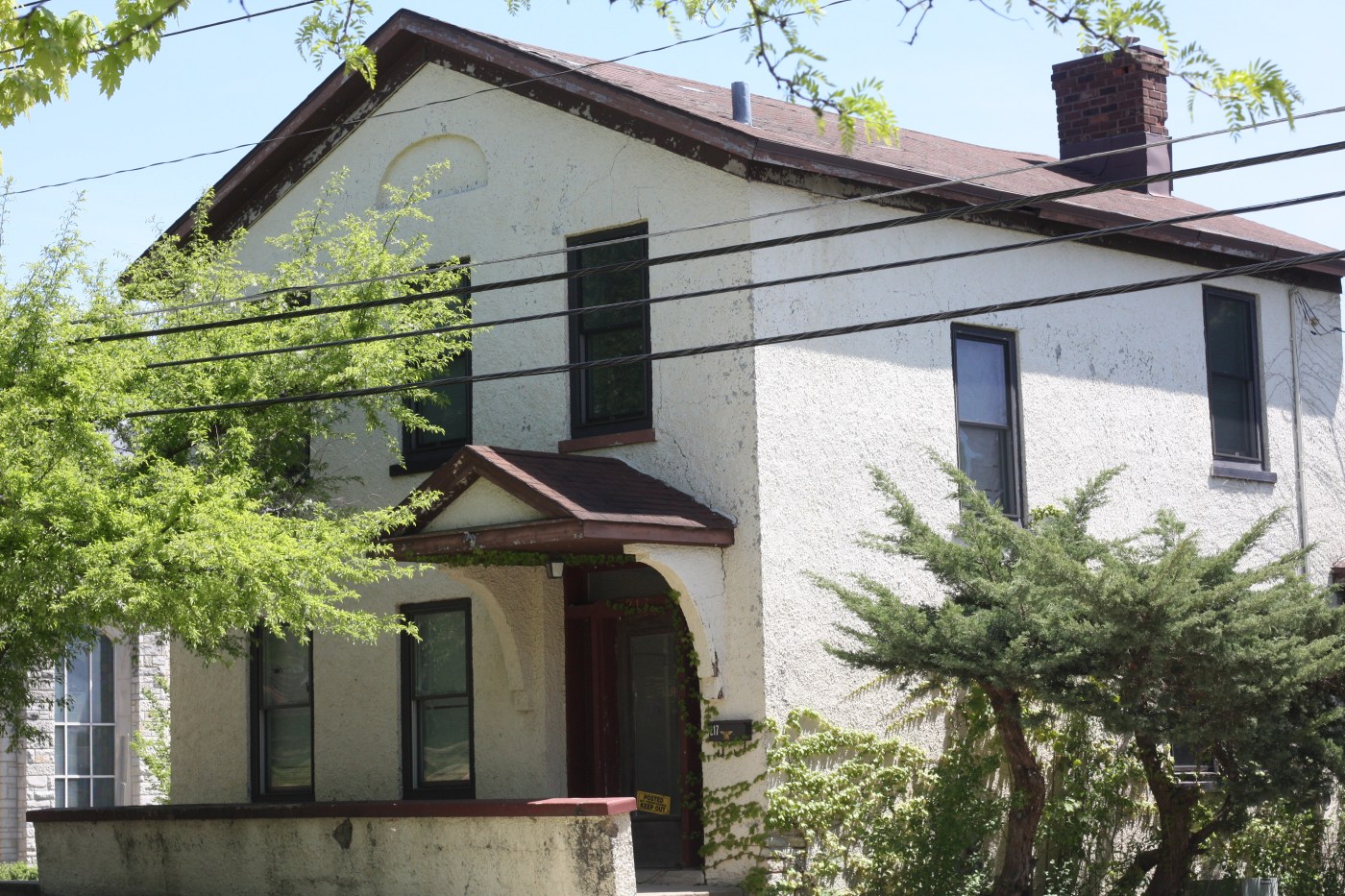UPDATE: The historic Judge William D. Barry House in St. Charles will remain standing for now, as the City Council denied a request for its demolition during a tense meeting on October 23, 2023. This decision comes after the house was named one of the most endangered historic places in Illinois by a state nonprofit.
The property, located at 217 Cedar Ave., is owned by Baker Memorial United Methodist Church and has been the center of controversy for years. The church has sought city approval to demolish the structure to create parking spaces, citing financial pressures and a purported need for additional parking in the area. However, the council’s decision reflects a strong commitment to preserving the city’s historic character.
In a passionate address, Mayor Clint Hull emphasized the importance of finding a solution that balances the church’s needs with historical preservation. “The goal has been to find a win-win,” Hull stated. “That would allow the church to sell the property at fair market value while preserving the Barry House for future use.”
The Judge Barry House dates back to the 1840s and was home to William D. Barry, a prominent lawyer and Kane County judge during the Civil War era. This historical significance has rallied community advocates around the cause of its preservation.
Despite previous discussions of a potential sale or relocation of the house, no agreements were reached. The church previously withdrew a demolition application in 2017, proposing instead a green space and prayer garden, but more recent efforts have focused on parking solutions.
During the council meeting, three options were discussed: selling the house to a preservation-minded buyer, relocating the structure, or selling it to the city. Residents voiced strong opinions, with council members like Jayme Muenz and Vicki Spellman highlighting the importance of maintaining the neighborhood’s historical integrity.
After a close vote, with seven council members opposing demolition and just three in favor, the request was decisively rejected. The community’s reaction has been overwhelmingly supportive of preservation efforts, with local advocates like Al Watts of Preservation Partners of the Fox Valley offering to assist the church in applying for grants to maintain the property.
“This is just one vote,” Hull remarked, indicating that discussions will continue as all parties explore feasible solutions. The ongoing deliberations underscore the community’s deep connection to its historic landmarks and the challenges faced in balancing progress with preservation.
As this situation develops, the future of the Judge Barry House remains uncertain, but the fight to save it has only intensified. Community members and preservationists are poised to keep the pressure on local officials to ensure that this piece of St. Charles history is not lost.


